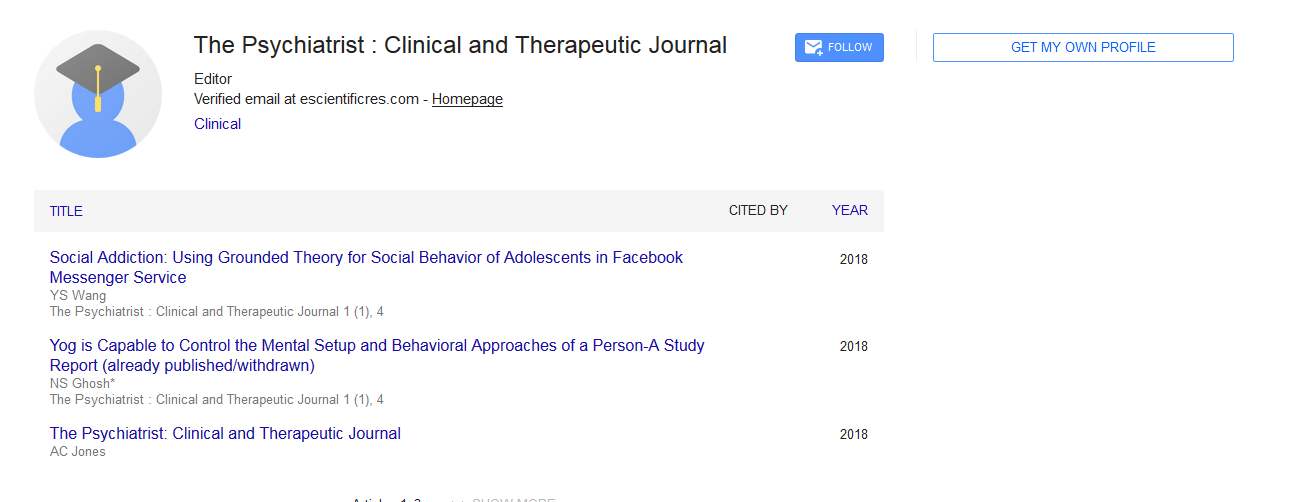Exploring the impact of a social media on college student mental health and wellbeing
*Corresponding Author:
Copyright: © 2020 . This is an open-access article distributed under the terms of the Creative Commons Attribution License, which permits unrestricted use, distribution, and reproduction in any medium, provided the original author and source are credited.
Abstract
The increase of complex mental health issues is emerging as an immediate concern around the world. Over 1.1 billion people worldwide experience mental illness or a mental health disability, and one in four people are affected by various mental health challenges. Research shows an increase in major depressive episodes among adolescents from 8.7% in 2005 to 11.3% in 2014 and from 8.8% to 9.6% among young adults. This subset of the population is representative of many college students, positioning mental health as a major concern for universities. At the same time, society is facing an outstanding advancement of mobile technology and social media, and corporations can take advantage of particular social marketing strategies in order to maximize their quantity, quality and usage among teens and young adults. This review aims to analyze and summarize the literature on the impact of social media on mental health, and consider the wellbeing measures of depression, anxiety, stress, and loneliness.A systematic literature search was performed using different databases, including: PubMed/Medline, PMC, Science Direct/Elsevier, EMBASE, with inclusion criteria of papers published after 2015.
Numerous studies identify connections between social media use and negative outcomes such as increased depression, anxiety, compulsive behavior, loneliness, and narcissism. The burgeoning use of social media by young adults raises concerns about these possible negative effects of its use. If social media use can be linked to negative outcomes, researchers need to devote more attention to understanding factors associated with negative mental health outcomes and how to assuage these outcomes.

 Spanish
Spanish  Chinese
Chinese  Russian
Russian  German
German  French
French  Japanese
Japanese  Portuguese
Portuguese  Hindi
Hindi 